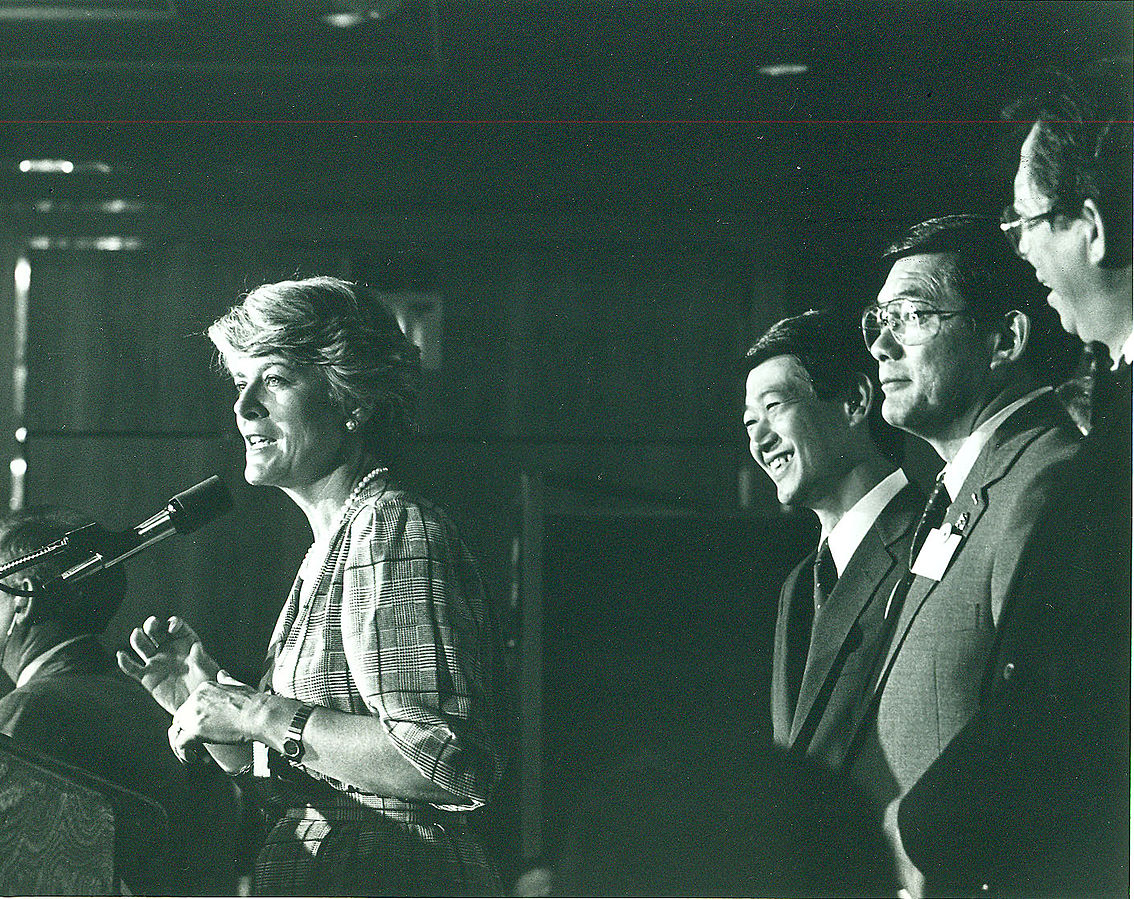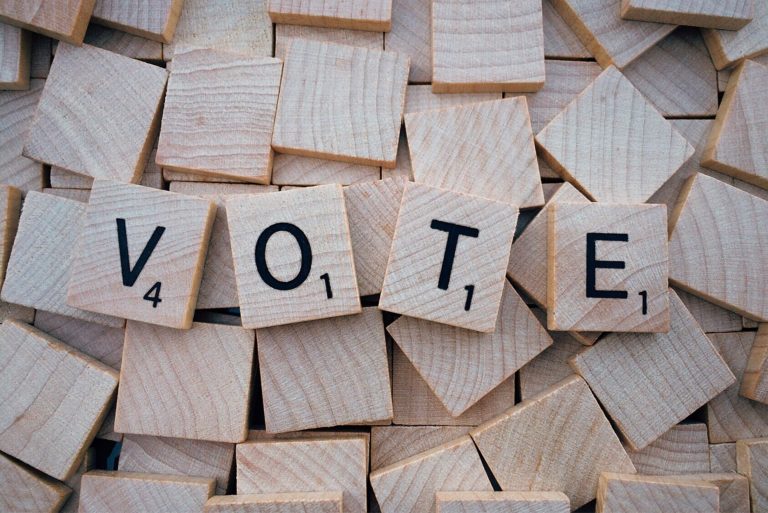Ahead of the first Democratic debates of the 2020 presidential race, the Democratic National…
Fast Facts: Women at National Conventions
Gender on the Ballot Team
| May 27, 2020

Image: Geraldine Ferraro at the Democratic National Party Convention, 1984
Every four years, the Republican and Democratic parties hold party nominating conventions to pick their presidential nominees, and women have been part of them before they even had the right to vote. As lawyer and suffragist Judith Ellen Foster, the first woman to address the Republican National Convention in 1892, said: “We are here to help you, and we have come to stay.” Here are some more historic moments for women at both Democratic and Republican National Conventions:
- In 1900, the first women delegates were chosen at both the Democratic and Republican National Convention—Frances Warren as a Republican delegate, and Elizabeth Cohen as an alternate who stepped in when another Democratic delegate fell sick.
- The 1960 Republican National Convention was the first time a woman, Josephine Good, was the executive director of a national political convention.
- The 1964 Republican National Convention was the first time a major party considered a woman, Senator Margaret Chase Smith, for nomination to the U.S. presidency – she received 27 delegates.
- At the Republican National Convention of 1972, Anne Armstrong of Texas became the first female keynote speaker at a national convention of a major political party; she later went on to be the first female cabinet member of a U.S. president, as well as the first female ambassador to the United Kingdom.
- Congresswoman Lindy Boggs, the first elected congresswoman in Louisiana, became the first woman to preside over a major party convention when she was chairwoman at the Democratic National Convention of 1976.
- At the Democratic National Convention of 1984, Congresswoman Geraldine Ferraro became the first female vice presidential nominee for a major party.
- At the 2016 Democratic National Convention, Secretary Hillary Clinton became the first woman nominated for president by a major party.






